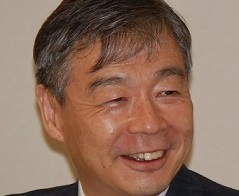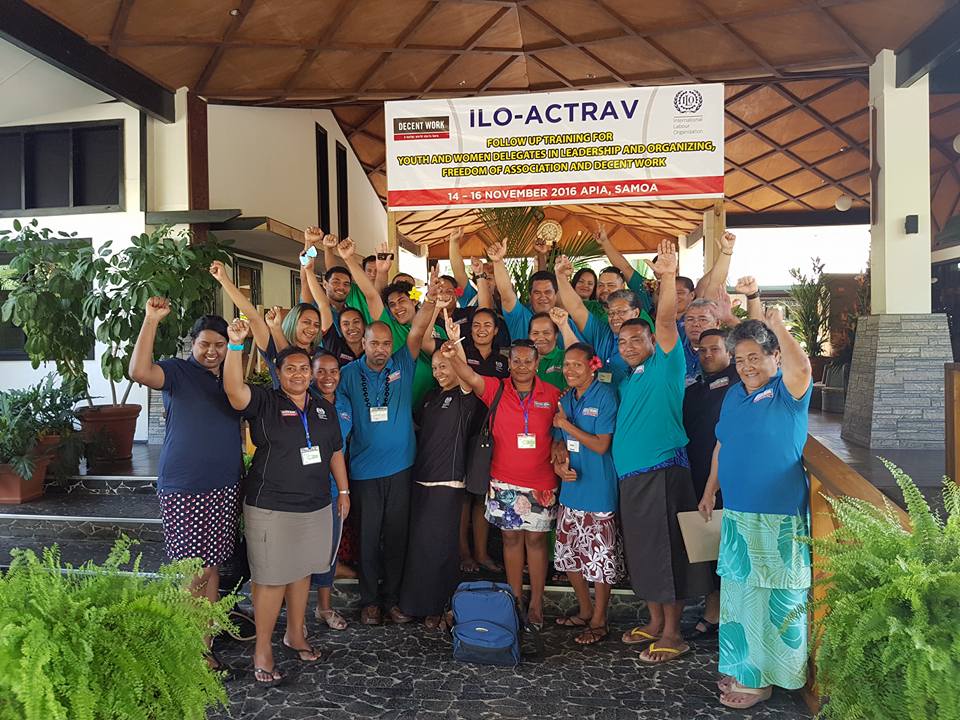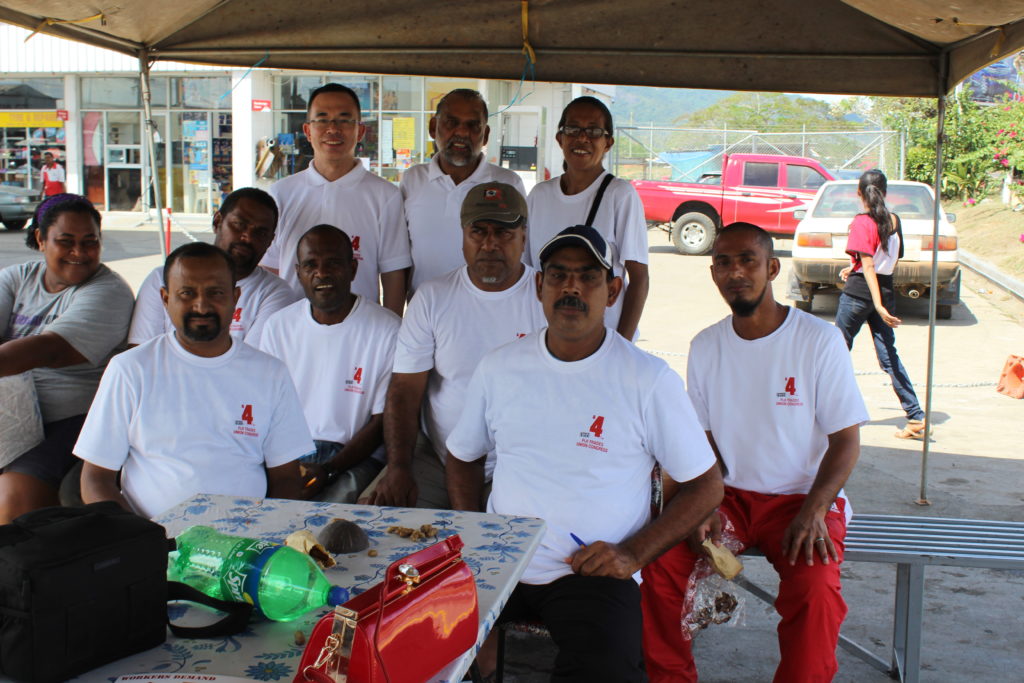United Nations human rights expert Mutuma Ruteere today called on the Fijian Government to intensify their efforts to end racism and xenophobia. Mr. Ruteere urged the authorities to adopt a National Action Plan and comprehensive legislation recognising racial or ethnic motives as aggravating circumstances for hate crimes in the criminal legislation.
“The elimination of racial and ethnic divisions in Fiji depends on the unequivocal commitment of the country’s political leadership and willingness to denounce and reject those keen on organising politics along ethnic or racial lines,” said the UN Special Rapporteur on contemporary forms of racism at the end of his first fact-finding visit to the country*.
The expert recognised the Government’s stated commitment to build a country that guarantees equality for all citizens, irrespective of their race, ethnic background and religion, and noted its policy of inclusiveness, which resulted in a comprehensive reform of the educational system, ending schooling based on ethnicity.
“I am particularly impressed by the policy of teaching conversational Hindi and Itaukei languages to students at a young age, which can only improve community relations and help promote a sense of inclusiveness for all citizens of Fiji,” he highlighted.
Furthermore, the expert noticed the several poverty alleviation programs put in place to tackle social and economic challenges faced by people particularly living in rural and remote areas. “Thanks to the cohesive and coordinated approach of all governmental departments, these programs allow a better and quality delivery of social services to beneficiaries.”
“Hate speech and racial vilification, in the media, in the Parliament or on the internet, remain very strong,” Mr. Ruteere said, calling for urgent efforts to eliminate institutionalised racism. “Any measures to address racial and ethnic incitement on the internet must be designed and implemented in the respect of international human rights standards, especially regarding freedom of expression and opinion”.
The Special Rapporteur acknowledged the efforts of all Fijians, particularly the work of the civil society, the media, academics and religious groups and faith-based organisations to ensure a reconciliation and constructive dialogue in the society.
However, he expressed concerns that “the space and opportunities to constructively discuss issues of ethnicity and race within society at large is quite limited.”
“Political leaders of all parties need to work together to address this crucial issue of reconciliation and move towards an inclusive society,” the expert stressed.
The Human Rights and Anti-Discrimination Commission, he said, has a fundamental role to play in providing guidance to the Government, also in receiving complaints and providing assistance and guidance to victims of alleged acts of racism and discrimination.
Finally, the expert recommended that Fiji urgently moves to strengthen this Commission and accord it necessary resources to ensure that it can secure the necessary confidence and legitimacy of relevant actors as an independent and professional human rights body.
During his visit, from 6 to 11 December 2016, the Special Rapporteur visited Suva, Natandola, and the Vatukarasa Village near Sigatoka, where he met with representative of the Government, including the President of Fiji, legislative and judicial representatives, the Australian National Human Rights Commission, representatives of civil society organisations and of the UN system, as well as individual working in the field of racism, racial discrimination, xenophobia and related intolerance.
A comprehensive country mission report will be presented to the UN Human Rights Council in June 2017.
Source: United Nations Human Rights Office of the High Commissioner
For full end-of-mission statement: http://www.ohchr.org/EN/NewsEvents/Pages/DisplayNews.aspx?NewsID=21019&LangID=E















